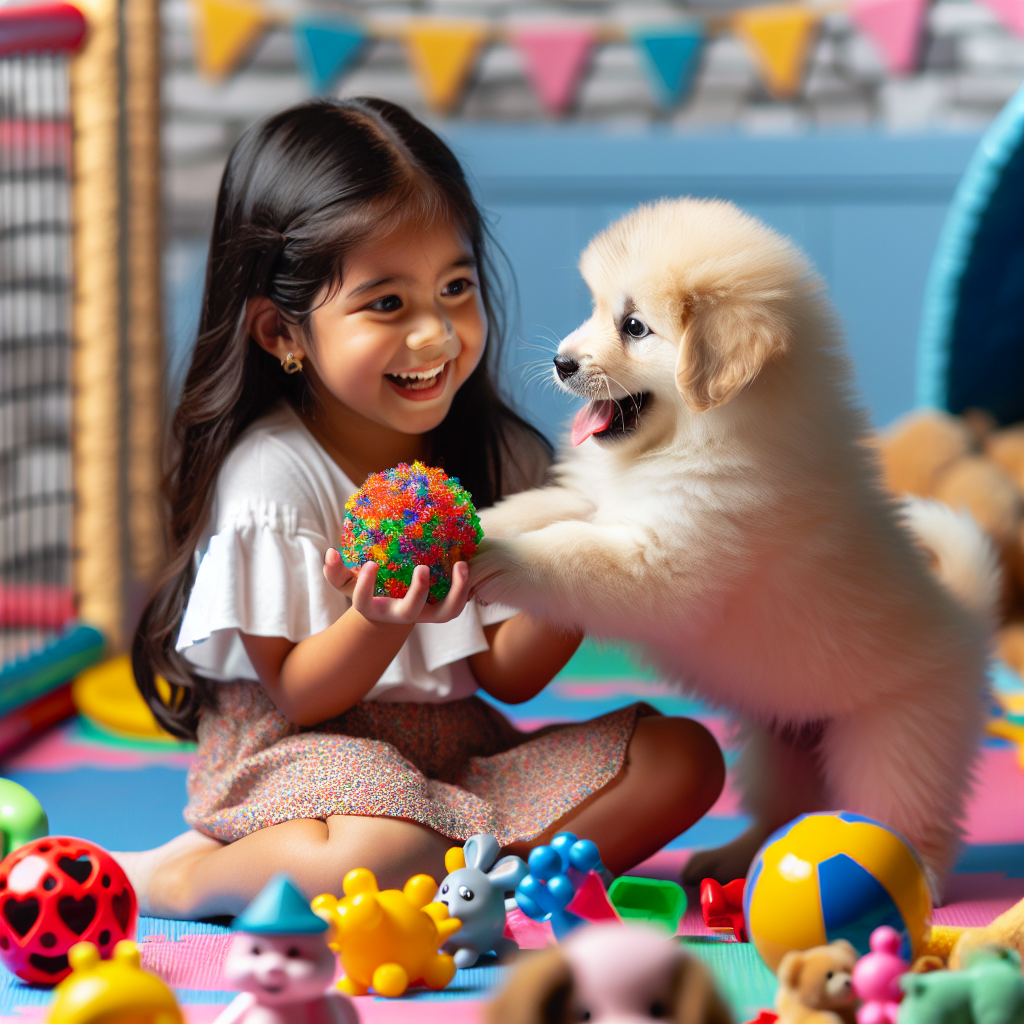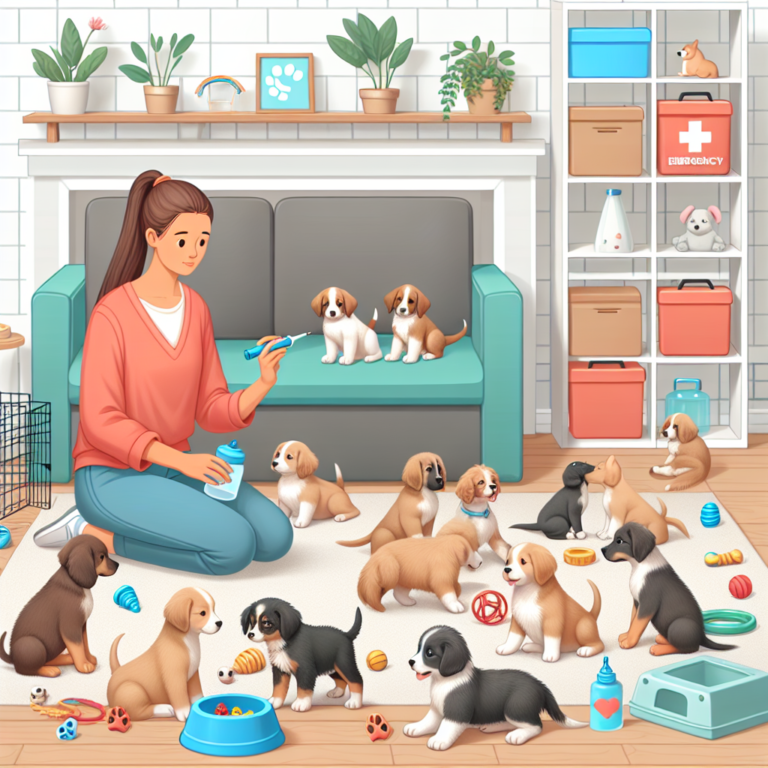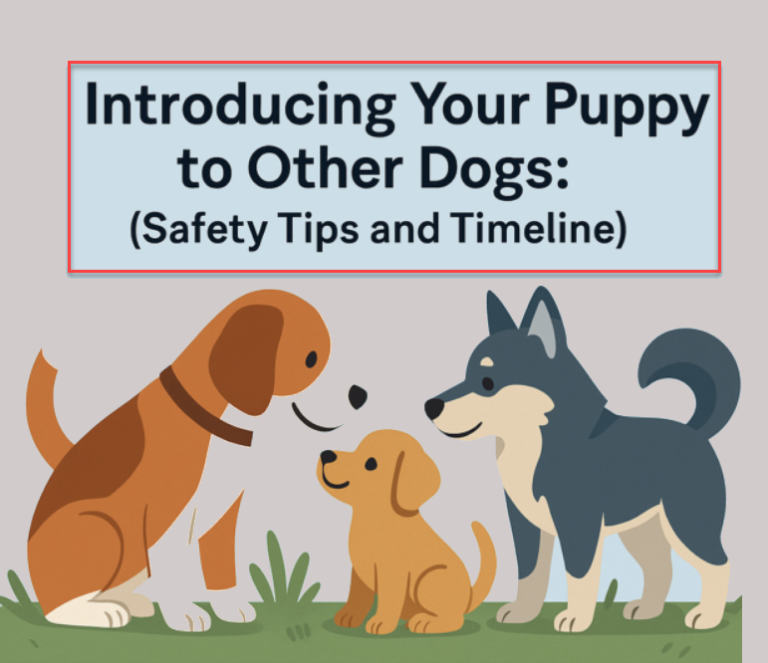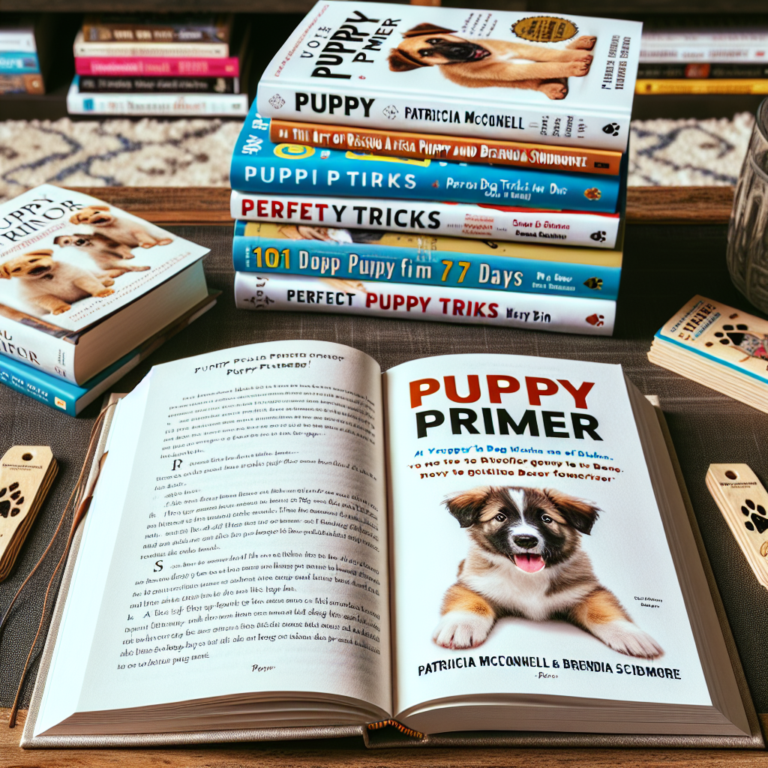The journey of raising a puppy is incredibly rewarding but requires careful steps to ensure a well-rounded development.
One of the critical aspects of this journey is socializing your puppy, which is particularly crucial when it comes to interactions with children.
Proper socialization can lead to reduced fear and aggression, creating harmonious relationships between your furry friend and the younger members of your household.
Understanding Puppy Socialization
Socialization is the process of exposing your puppy to various experiences, environments, other animals, and humans in a positive way. The first few months of a puppy’s life are critical as they serve as the optimal period for socializing them. During these key periods, puppies are more open to new experiences, making it the perfect time to introduce them to children and different social scenarios. The American Kennel Club emphasizes that this early exposure can lead to a more confident and less fearful adult dog.
Preparing for Socialization
Before throwing your puppy into new situations, it’s essential to gauge their temperament to understand how they’ll react to various stimuli. Equally important is preparing your child for these interactions by teaching them how to approach and interact with puppies safely and respectfully. Setting clear expectations for both your puppy and child will aid tremendously in fostering a successful and rewarding bond.
Safety Tips for Puppy and Child Interactions
Safety should always be the top priority during any interaction between a child and a puppy. Supervising these interactions minimizes the risk of injury and stress for both parties involved. It’s crucial to teach children the proper ways to approach and handle puppies, emphasizing gentle petting and avoiding sudden movements. Additionally, being able to recognize signs of stress in puppies, such as cowering or excessive yawning, can help intervene before situations escalate. As renowned dog trainer Cesar Millan says, supervision and understanding are key to nurturing a balanced relationship.
Training Your Puppy for Child Interactions
Introducing basic obedience commands such as sit, stay, and come can greatly enhance your puppy’s ability to interact positively with children. Utilizing positive reinforcement techniques ensures that your puppy associates children with rewarding experiences. Incorporating children into training sessions not only enhances the learning process for the puppy but also strengthens the bond between the child and the dog.
Creating a Positive Environment
To ensure the safety and enjoyment of both parties, it’s essential to set up play areas that are secure and comfortable for your puppy and child to interact. Providing a variety of toys and activities will keep both your puppy and child engaged and excited about spending time together. Managing their energy levels through structured playtime and rest periods can prevent overstimulation and ensure both parties remain happy and calm.
Troubleshooting Common Issues
Despite the best preparations, challenges may arise. Addressing fear and aggression in puppies early on can prevent future behavioral issues. Techniques like using calming scents or safe spaces can help soothe an overly excited puppy. On the other hand, understanding and acknowledging a child’s nervousness or fear toward the puppy is essential, making gradual and supervised introductions beneficial for everyone involved.
Long-Term Benefits of Successful Socialization
Successfully socializing your puppy with children offers numerous long-term benefits. It can lead to a harmonious and lifelong relationship between the dog and the child, built on trust and understanding. Proper socialization also plays a significant role in improving your puppy’s behavior and temperament, making them a stable and enjoyable family member. Importantly, a well-socialized puppy contributes to a safer and happier home environment for everyone.
Introducing your puppy to other dogs is important.] Read more here…
Conclusion
In conclusion, the importance of socializing puppies with children cannot be overstated, as it plays a significant role in developing positive behaviors and attitudes. Continued efforts in socialization ensure that your puppy becomes a happy and well-adjusted member of the family. Remember, the positive outcomes of investing time and patience into this process are worth every bit of effort.








